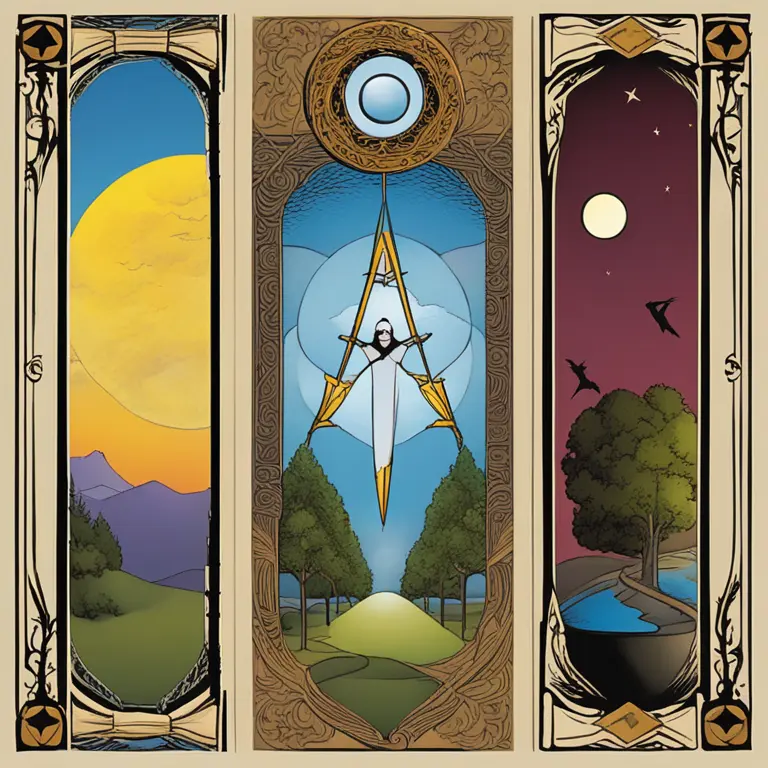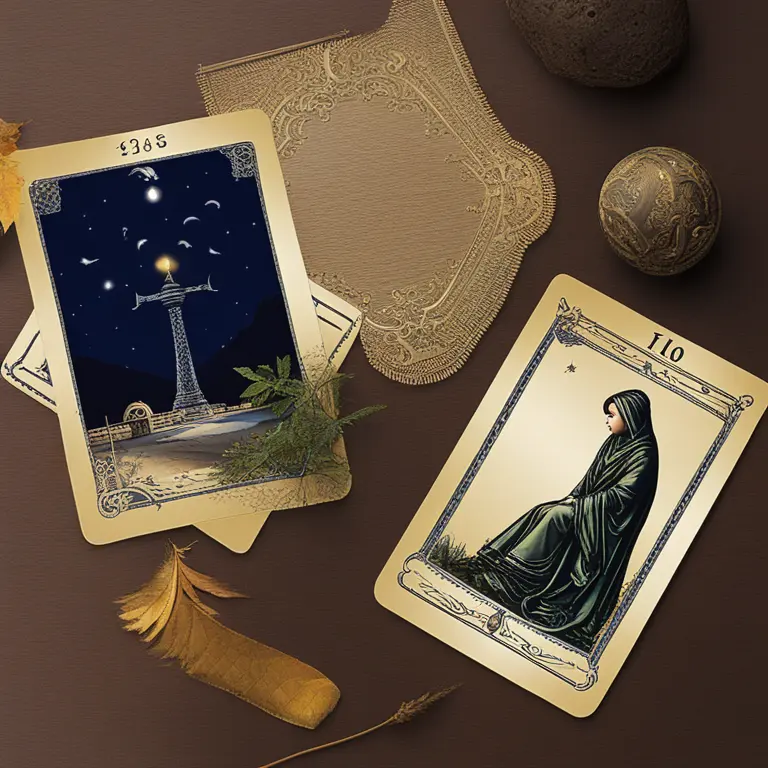
An Introduction to Tarot for Retrieving Lost Objects
Tarot cards have long been used for divination and self-reflection, but their application extends beyond the realm of personal insight and into the practical sphere of locating lost items. A deck, rich with symbols and archetypes, can offer unconventional paths to finding what is missing. For centuries, seekers have turned to the mystical arts when all logical methods have been exhausted, finding succor in the cards' intricate imagery and the intuition they stir. As modern interest in spirituality grows, tarot's relevance in everyday life becomes ever more prevalent, including its use in situations as grounded as retrieving misplaced possessions.

Choosing the Right Spread for the Task
The process begins by selecting a spread that resonates with the situation at hand. A simple three-card spread can provide quick insights, revealing the nature of the lost item's location, the surrounding circumstances, and the action you should take. For more complex inquiries, the Celtic Cross spread offers a comprehensive view, though it typically requires a more seasoned hand to interpret. Whichever spread you choose, it is important to approach the reading with a clear and focused mind, holding the intention of finding the lost object firmly in your thoughts.

Interpreting the Cards' Guidance
Interpretation is the key to unlocking the tarot's guidance. Each card in the spread contributes a piece of the puzzle. The Suit of Pentacles, being associated with material possessions, often plays a crucial role in these readings, as does The Hanged Man, which may suggest looking at things from a different perspective. It's not uncommon for a card to encourage a seeker to recall the last place the item was seen or to indicate a shift in one's routine as the cause of the item's misplacement. With tarot, symbolic connections often lead to real-world location breakthroughs.

Combining Intuition with Practical Search Efforts
While tarot can guide you to the vicinity of a lost item, combining your intuitive insights with practical search efforts is essential. Tarot is not a GPS tracker but a tool for harnessing your subconscious mind, which may have registered details you consciously overlooked. After a reading, it's beneficial to trust your hunches and check locations you might otherwise ignore. Sometimes, the card’s message may be metaphorical, suggesting a calm and decluttered mind or environment brings greater clarity and the likelihood of finding what was lost.

The Limitations of Tarot in Material Searches
It's crucial to acknowledge the limitations of tarot in searches for lost items. The cards are open to interpretation, and their guidance is not absolute. It's possible that the item may not be found, or that the tarot reading points to something deeper—a lesson about attachment, loss, or the transient nature of material possessions. The true value of tarot may lie in the personal insights gained during the search, rather than just the retrieval of a misplaced object.
Conclusion: Integrating Tarot into Modern Problem-Solving
In our fast-paced digital world, the ancient practice of tarot serves as a bridge to our intuitive selves. The application of tarot in finding lost items is one of the many examples of how these timeless tools remain relevant. Whether you find your lost object or not, the journey with tarot is sure to provide valuable reflections on the interplay between the material and spiritual worlds, fostering a deeper connection with the wisdom held within.
Published: 2/8/2024
Modified: 2/8/2024
More predictions
Come back here soon to learn more about yourself and your future


Zodiac Heart Compass: Find Your Emotional Direction
Delve into the secrets of the zodiac to discover how astrological signs guide the emotions and relationships of their bearers.


The Zodiac Constellations: Celestial Insights and Personal Projections
Delve into the world of zodiac constellations and how they provide profound insights into personality traits, life events, and astrological forecasts for 2024 and beyond.


The Origins of Zodiac Signs: An Astrological Journey
Delve into the ancient roots of the zodiac as we trace the origins and significance of these celestial symbols in astrology.